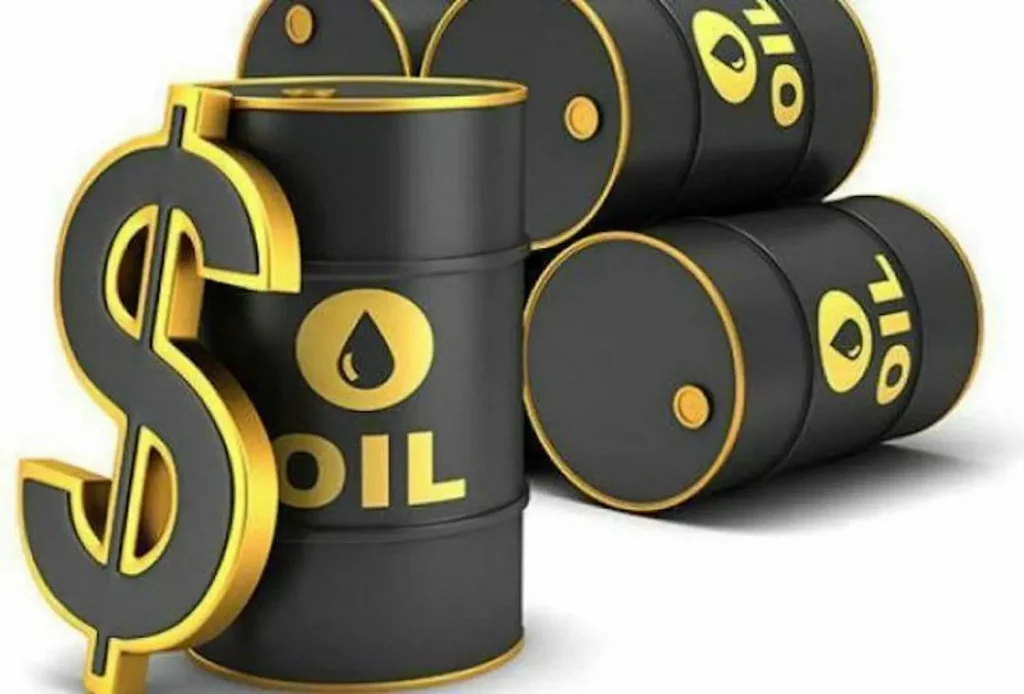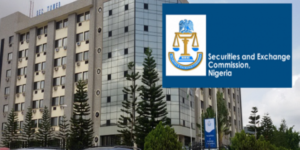
THE oil and gas sector has emerged as the worst-performing index on the Nigerian Exchange Limited (NGX) since the beginning of the year, posting a year-to-date (YTD) loss of 14.19 per cent.
This represented an unprecedented reversal from its position a year earlier when, as of May 31, 2024, it had recorded a 24.07 per cent gain, leading all other indices on the exchange.
Despite delivering an exceptional 170 per cent overall return in the 2024 financial year, the sector has since lost momentum and returned to negative territory.
Although Aradel, Conoil, MRS and Total Energies demonstrated strong earnings in the financial year that ended on December 31, investor sentiment has been largely negative, as share prices across the board have declined sharply.
Data from the exchange showed that other major indices outperformed the Oil & Gas Index. The All-Share Index (ASI) posted a YTD gain of 8.7 per cent, while the Consumer Goods Index led sectoral performance with a 37.4 per cent gain. The banking index rose by 5.97 per cent, and the ASeM Index edged up by 0.6 per cent.
This reversal is an indication of a shift in investor sentiment and market dynamics, with Oil & Gas stocks now underperforming after being market leaders just a year earlier.
Recall that the NGX has recorded an unprecedented gain since the beginning of the year, hitting N70 trillion mark currently with many blue chips recording price appreciation and reaching up to a 52-year high.
However, the operator said the steep drop is driven by a mix of company-specific and broader market factors.
According to them, investor sentiment has been dampened by delays in the release of 2024 financial results and the anticipation of weak dividend payouts, which has led to reduced confidence in the sector.
The situation is further compounded by profit-taking activities, especially after the sector’s remarkable 170 per cent gain in 2024, with investors cashing out on stocks like Oando and Aradel Holdings. Additionally, the recent entry of Dangote Refinery into the market has intensified competition, resulting in a drop in petrol prices and squeezing margins for established players.
Also, broader global economic uncertainty has also played a role, as market volatility and cautious investor behaviour have contributed to sell-offs across the board, with oil and gas stocks taking a significant hit.
A look at their share price performance on the exchange showed that Aradel with a market capitalisation of N2.3 trillion began the year with a share price of N598, but at the close of transactions on June 3, 2024, the share price closed at N530 kobo, shedding 11.4 per cent YTD. Shareholders’ worries are compounded by the fact that Aradel has lost 7 per cent of the stock’s value from March 7th till date.
Similarly, Conoil, which reopened for transactions in January 2025 at a share price of N387.20, closed on Tuesday at N268.30 kobo, representing a decrease of 10 per cent. Conoil has lost 10 per cent of the stock’s value from March 7th till date. It’s market capitalisation stands at N 186 billion.
For MRS, its share price also dropped by 34.9 per cent YTD from N217.80 kobo to N141.80 kobo. The company’s market capitalisation is N48.6 billion.
Despite posting strong earnings for the financial year ended December 31, companies like Aradel, Conoil, MRS, and Total Energies have witnessed significant share price decline, reflecting a broader wave of negative investor sentiment in the oil and gas sector.
The continued depreciation of the naira has placed considerable pressure on oil and gas companies, many of which have reported substantial foreign exchange losses stemming from the revaluation of foreign-denominated liabilities and borrowings. In several cases, these FX losses have eroded revenue gains, raising red flags about the long-term stability of earnings in the sector.
For instance, Aradel Holdings, reported a net foreign exchange loss of N19.6 billion in 2024. This figure was driven by a realised FX loss of N28.9 billion, partially offset by a N9.35 billion gain.
The impact marked a 133 per cent surge from the N8.39 billion FX loss recorded in 2023, one of the steepest year-on-year increases in FX-related losses across the sector, underscoring the deepening effect of currency volatility on corporate profitability.
President of the New Dimension Shareholders Association of Nigeria, Patrick Ajudua, noted that oil and gas stocks have shown relative price stability, largely driven by dividend declarations from key players such as Seplat and renewed investor interest sparked by interim payouts.
According to him, these developments have helped sustain the appetite for stocks in the sector despite broader market challenges.
However, Ajudua also pointed to lingering concerns weighing on the sector’s outlook. These include the persistent decline in international oil prices, the impact of OPEC production quotas, as well as ongoing issues with oil theft and pipeline vandalism.
He expressed optimism that with improved pricing, greater focus on cost optimisation, and stronger government commitment to securing pipeline infrastructure, oil and gas stocks are likely to witness a significant rebound soon.








